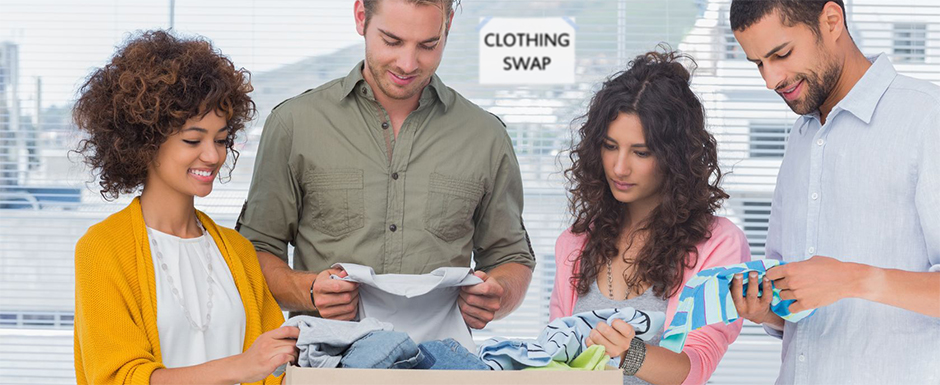
Swapping clothing is just one of the many methods that MaryEllen Etienne highlights in the making of her reuse career. (Image: Wavebreak Media Ltd., modified by We Hate To Waste)
If you ever donated to Goodwill or brought your own mug to Starbucks, you’ve engaged in reuse. Reuse is a great way to save money and resources and get quality things to folks who can use them — it’s also my calling. Thinking about a career in reuse? Want to learn how to integrate more of it into your daily life? Read on.
From Advertising to Reuse Expert — My Career Journey
I’m often asked how reuse became my ‘thing’. It started as a child of Depression-era parents. As the youngest of 8 kids, we lived and breathed reuse. Yet I never considered it a career option until I saw a PBS feature on the reuse mecca that is Urban Ore shortly after I quit my job at a NYC advertising agency to travel cross-country and find a new path.
While camping across 35 states I observed America’s natural beauty but also witnessed the ecological devastation of clear-cut forests and plastic-clogged waterways. I set about learning all I could about the waste management hierarchy, or the ‘3Rs’ of reduce, reuse, recycle, and signed on as an AmeriCorps VISTA volunteer. Through a partnership with the National Recycling Coalition I was placed in a low-income community to educate folks about the 3Rs.
I parlayed that into rewarding positions at Materials for the Arts, NY WasteMatch and London Community Resource Network. After several years in the field I became known as a reuse expert. Was hired as the first director of ReuseNYC, founded and ran Reuse Alliance, and co-founded the Creative Reuse Association and REUSE.International. 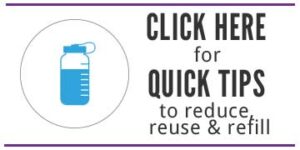
Now I helm Reuse Institute, where we leverage our reuse expertise to provide capacity-building training to reuse entrepreneurs via the Master Reuser® program and develop educational resources and events. Every two years I gather reuse experts together by bringing ReuseConex, the international reuse conference and expo, to life. The next one is in Boston in 2016.
Reuse: Much More Than Donating Your Clothes
Think of reuse as a huge umbrella under which a VAST set of activities takes place — everything from buying salvage building materials, selling furniture at a garage sale, repurposing discards for creative art projects, donating excess food, sharing unneeded home goods, using reusable pallets at your business, renting tools for a DIY project, and shopping for refurbished computers or other pre-loved items online.
The Many Benefits of Reuse
I love reuse because it offers so many benefits. Environmentally, reuse saves the embodied energy within manufactured goods, reduces greenhouse gas emissions, and conserves natural and man-made resources. Economically and socially, reuse offers quality products to people and organizations with limited means, provides businesses and individuals with tax benefits, supplies sales taxes which contribute to the economy, and is a tremendous source of meaningful, living-wage jobs.
It’s Getting Easier to Reuse
We’re landfilling millions of tons of still usable items every year. Changing our wasting culture is imperative to mitigate global climate change, strengthen and green our economy and reduce social inequities.
Thankfully technology is making it easier to find good quality goods to reuse. Online reuse options, such as Freecycling, iFixit, ReuseMarketplace, and ShopGoodwill, have been leading the charge for years and newer services like Kuttlefish and OfferUp pop up daily. Not to mention all of the bricks and mortar reuse services near you.
To help find all of the reuse products and services available to you, we’re working on a Global Reuse Map – a comprehensive crowd-sourced reuse directory. You’ll be able to plug in your location and search by reuse category (building materials, creative reuse, food donation, reusables, rental, repair, thrift shops, etc) and by activity (donate, sell, buy, rent, share). It’s a work in progress – but you can help us build and grow it!
Reuse Rock Stars Fuel People-Powered Innovation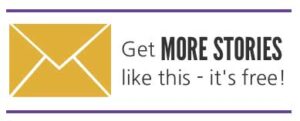
The reuse movement is chock full of innovative experts, thinkers and passionate doers. We see a problem and we try to fix it.
I serve alongside the talented experts on our Reuse Institute’s Board of Directors and our Technical Advisory Board or the ‘global reuse think tank’. A few of them include Andy Keller of ChicoBag who manufactures reusable bags and advocates for plastic bag bans, Cat Fletcher of Freegle who facilitates a sharing economy of over 2 million people in the UK, Dave Bennink of ReUse Consulting who has deconstructed over 3500 buildings throughout North America, Sandie Parkes of The Green Shed who operates a small chain of reuse centers in Australia, and Kelley Carmichael Casey of SCRAP USA who is building a ‘franchise’ of creative reuse centers.
Want to join these amazing reuse rock stars?
3 Ways That You Can Help Us Turn Up The Dial on Reuse
1. Actively engage in reuse —
Donate AND shop at your local thrift store or reuse center. Rent specialized equipment (like a steam vac or 30-cup coffeemaker). Use your creativity to repurpose materials. Share/ gift unwanted goods through swap sites and events. Repair your stuff.
2. Get informed about reuse.
- Find out all you can. Reuse Institute curates an open-source resource library, (you need to request access), including “The Reuse Primer”. There’s also a fantastic new documentary called REUSE! Because You Can’t Recycle The Planet .
- Get vocal. Start asking businesses to take responsibility for the products they’re putting out into the world and to support reuse.
- Sharpen your skills. Sign up for Master Reuser Training at the Reuse Institute to hone your reuse knowledge and skills.
- Learn and share best practices. Join us at ReuseConex for networking and training opportunities.
- Support reuse infrastructure. Please help us by sharing the Global Reuse Map campaign on social media, pledge financial support and when it’s live help us crowd-source it with reuse resources.
3. Break the single-use habit.
Ditch your single-use disposables, from plastic bags and bottled water, to party-ware, to straws and to-go boxes, to dryer sheets. Make it a habit to use reusable alternatives that are available at sources like Reuseit.com for instance.)
If you’d like to get more involved in the reuse movement or help us spread the word about Reuse Institute’s work, check out www.reuseinstitute.org or @ReuseInstitute1 on Twitter and Facebook.

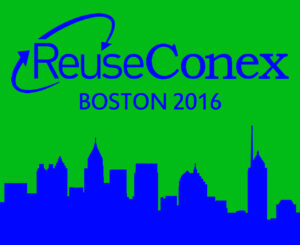
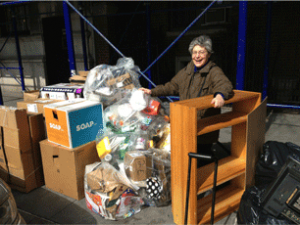
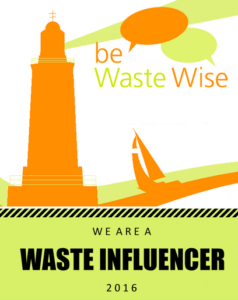
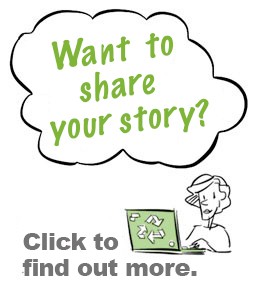
Inspiring story MaryEllen, both in terms of your life path change and the reuse benefits, initiatives and creativity out there. There is definitely an abundance of (underutilized) opportunities for reusing products and resources in our homes, communities and businesses. I’m looking forward to the global reuse map!
Lovely post! Yes, reuse is one of the most effective strategies for reducing our impact and moving closer to a sustainable economy. As a student of environmental science one of the most astounding aspects of the natural world is that absolutely nothing is wasted! Why should it be any different for us humans? The global reuse map is a fantastic idea and illustrates just how effective technology can be in problem-solving. Thanks for sharing and keep up the strong work.
Really great read. As someone who grew up thinking that all I had to do was recycle to be “green”, it is inspiring to read tips from someone who has focused more on the reuse section of the three R’s. I have been trying to reduce and reuse more for a while now, but I still sometimes go back to my thinking that recycling is enough. I think these tips will really help me to do my research and find more day-to-day ways to lessen my waste. Thank you!